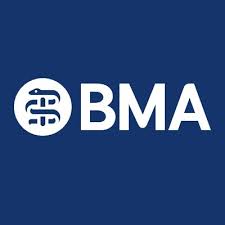Requests for monitoring in general practice
Practices contact us regularly reporting that they have been asked to monitor certain patients who have one of a group of conditions that has been diagnosed and at least initially monitored by secondary care.
When secondary care requests a GP practice to continue monitoring and the practice declines due to not being commissioned to monitor that condition, there can be challenges as secondary care feel that these cases can be monitored in general practice rather than secondary care.
Examples of some such conditions include:
- MGUS (Monoclonal gammopathy of undetermined significance) monitoring
- PSA monitoring
- Eating disorder physical health and blood monitoring
- Gender dysphoria blood monitoring and prescribing
Monitoring of such conditions is not core GMS general practice work and at a time of great pressure on our capacity and resources, practices should not be expected to undertake non-commissioned work.
Workload such as these, which are not core GMS work, need a commissioned pathway or to remain monitored in secondary care so patients receive the appropriate monitoring by the most appropriate service.
As part of Lincolnshire LMCs ongoing interface work with the ICB and trusts, we continue to emphasise that any non-core workload being asked of general practice must be commissioned.
If you do not feel able to agree to monitoring such conditions and have explained that you are not commissioned to undertake this work and at present the patient will need to remain under that speciality, yet you still receive requests to do so, please inform us at the LMC.
A list of services (not exhaustive) that are not core work and you are not funded to provide unless you have signed up to an enhanced service can be found in the link enclosed to the BMA website.




